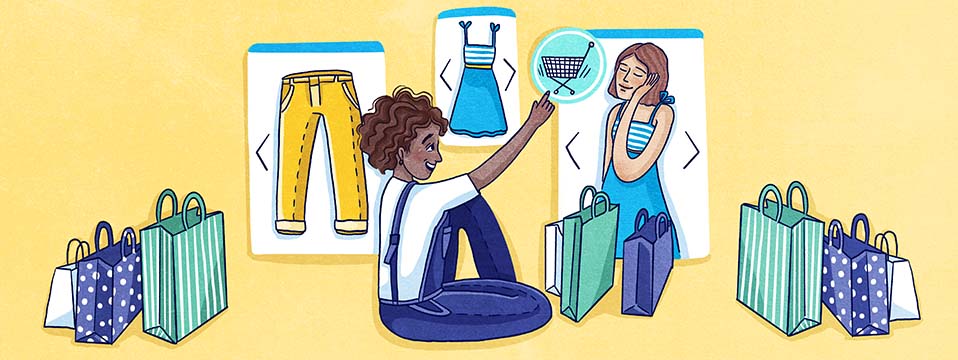
How Limited-Time Offers to Affect Consumer Behavior?
In the fast-paced world of online shopping, a powerful strategy known as “limited-time offers” has taken center stage, captivating consumers’ attention and driving them to make quick purchasing decisions. This marketing technique taps into the art of impulse buying, triggering a sense of urgency and excitement that can lead even the most cautious shoppers to click that “Buy Now” button. In this blog post, we delve into and shed light on how businesses can harness this phenomenon to boost sales and engagement.
Understanding Impulse Buying

Impulse buying refers to the act of making unplanned purchases based on sudden urges, desires, or emotions. It’s the unexpected bag of chips at the checkout line or the spontaneous online purchase of a trendy gadget. Limited-time offers, often presented as flash sales or time-sensitive discounts, leverage this tendency by creating a sense of scarcity and immediacy.
The Psychology Behind Impulse Buying

1. Emotional Triggers: Limited-time offers target consumers’ emotions, appealing to their fear of missing out (FOMO) and the thrill of scoring a deal. These triggers activate the brain’s reward center, releasing dopamine and fostering a positive association with the purchase.
2. Sense of Exclusivity: The allure of exclusivity drives impulse buying. When consumers believe they have access to a special offer that others may not, it creates a heightened sense of importance and satisfaction.
3. Decision Fatigue: The abundance of choices in today’s market can lead to decision fatigue. Limited-time offers simplify the decision-making process, offering a clear and time-bound opportunity to buy.
Impact of Limited-Time Offers on Consumer Behavior

1. Urgency and Scarcity: Limited-time offers introduce a time constraint, prompting consumers to make a decision quickly. The fear of missing out drives them to act promptly to secure the deal before it’s gone.
2. Spontaneous Purchases: Consumers may not have initially intended to buy a product, but the urgency of a limited-time offer can spur them to make a purchase they hadn’t considered before.
3. Increased Spending: While limited-time offers can lead to savings, they can also encourage consumers to spend more than they originally intended, particularly if the perceived value of the deal is high.
Harnessing Impulse Buying for Business Success

1. Strategic Timing: Businesses can strategically schedule limited-time offers during peak shopping periods or align them with relevant events to maximize their impact.
2. Compelling Visuals: Eye-catching visuals and persuasive copywriting are crucial to convey the urgency and value of the offer.
3. Transparency: Transparent communication about the limited nature of the offer enhances credibility and builds trust with consumers.

4. Follow-Up Engagement: Post-purchase engagement, such as personalized thank-you messages and related product recommendations, can extend the impact of the impulse purchase.
5. Customer Insights: Analyzing data from limited-time offers provides valuable insights into consumer preferences and behavior, enabling businesses to refine their strategies.
Conclusion
The art of impulse buying, fueled by the psychology of limited-time offers, has reshaped the landscape of online consumer behavior. As businesses like Zullily continue to adapt to evolving market dynamics, understanding and harnessing this phenomenon can unlock new deals and offers for growth and engagement. By appealing to consumers’ emotions, creating a sense of urgency, and strategically leveraging the power of scarcity, businesses can master the delicate balance between providing value and driving sales in the fast-paced world of e-commerce.
